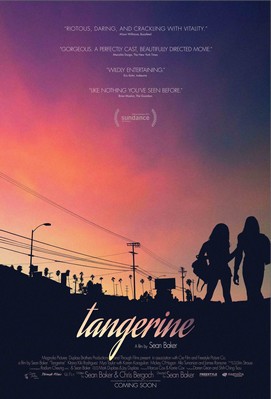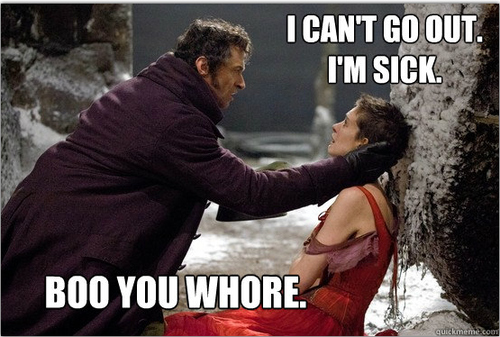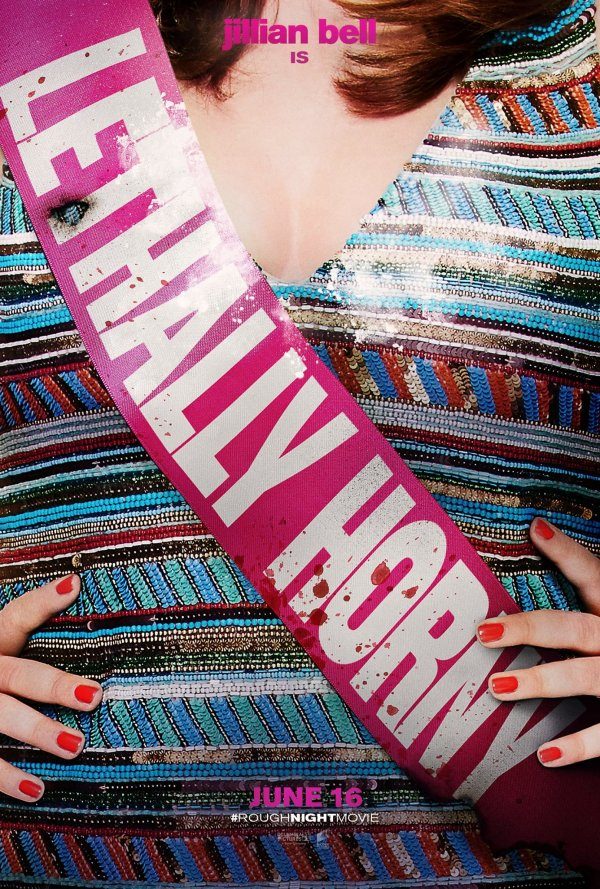Call Me: The Rise and Fall of Heidi Fleiss (2004) and Heidi Fleiss, Hollywood Madam (1995)
 Tearing through its exposition at a breakneck pace, Call Me: The Rise and Fall of Heidi Fleiss wastes no time getting to its main subject. Within the first five minutes, we learn that Heidi had a strict mother and an easygoing father who encouraged his children to act out. Soon after, we see teenage Heidi organizing the neighborhood girls’ babysitting schedules, foreshadowing of her management skills. In the next scene she learns her parents are divorcing. Three minutes later we see Heidi’s boobs as her creepy older boyfriend, Ivan Nagy, recruits and then sells Heidi to her future madam, Alex, for $450. At first, Heidi Fleiss is outraged with her pimp boyfriend, then for no apparent reason decides to go along with him.
Tearing through its exposition at a breakneck pace, Call Me: The Rise and Fall of Heidi Fleiss wastes no time getting to its main subject. Within the first five minutes, we learn that Heidi had a strict mother and an easygoing father who encouraged his children to act out. Soon after, we see teenage Heidi organizing the neighborhood girls’ babysitting schedules, foreshadowing of her management skills. In the next scene she learns her parents are divorcing. Three minutes later we see Heidi’s boobs as her creepy older boyfriend, Ivan Nagy, recruits and then sells Heidi to her future madam, Alex, for $450. At first, Heidi Fleiss is outraged with her pimp boyfriend, then for no apparent reason decides to go along with him.
Young Heidi’s first client is a curly-haired rock star. When he leans in to kiss her neck, she shoves her hand down his pants and demands $1,500. He scoffs at her so she turns to leave, asking, “Is it lonely at the top?” He then asks her to stay and the deal is sealed. Although I have never worked as a call girl—and please ladies, correct me if I’m wrong—but I’m going to make the assumption that insulting your client is a bad tactic. The scene felt unrealistic and I found myself doubting that the real-life Fleiss could have been so successful despite such poor social skills.


 By now, you are probably aware of Rough Night and the animated and practiced (if not exhausted and slightly jaded because this happens all the f*cking time) reaction to it from the sex worker online community.
By now, you are probably aware of Rough Night and the animated and practiced (if not exhausted and slightly jaded because this happens all the f*cking time) reaction to it from the sex worker online community.